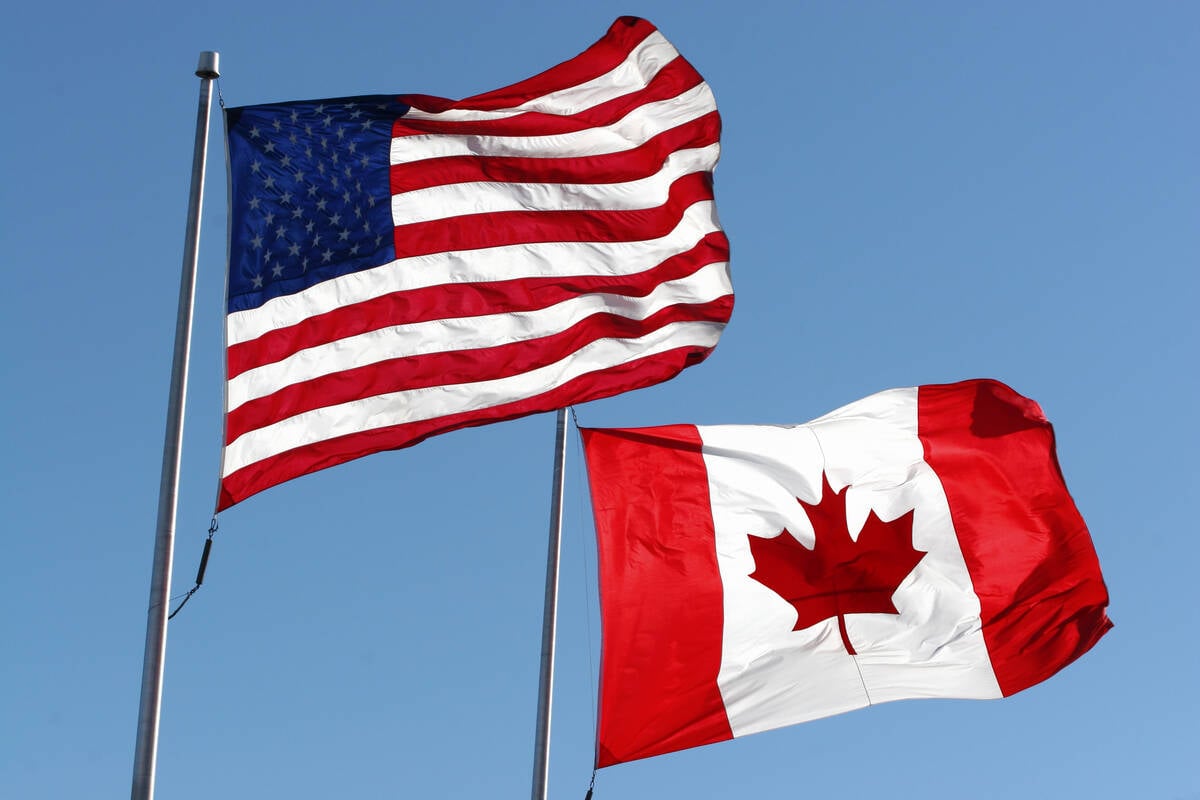Canadian taxpayers, consumers and the domestic economy would benefit if Canada lowered its import protections on supply managed products, the World Trade Organization said last week.
While it noted that Canadian farm supports have been on the rise in recent years, it said Canada continues to have support policies that are less distorting of production and trade than most other countries.
The comments came in the WTO’s regular trade policy review for Canada. It prepares reports on all WTO members.
“The outward-looking orientation of the regime has facilitated the economy’s successful adjustment to a number of external shocks and helps explain Canada’s good economic performance during the period under review,” said the Geneva-based organization.
Read Also

Trump cuts off trade talks with Canada
(Reuters) – U.S. President Donald Trump said on Thursday that all trade talks with Canada were terminated following what he…
“However, productivity growth has been relatively slow (and) significant trade barriers still protect certain agricultural activities.”
It also cited foreign investment restrictions in sectors including telecommunications and air and marine transportation.
“Reform in these sectors could lower costs to Canadian taxpayers and consumers while increasing productivity and competition in the domestic market,” said the WTO report. “Ultimately, addressing remaining policy-induced distortions would help ensure that Canadians continue to enjoy one of the highest living standards in the world.”
The report also spent considerable time discussing the Canadian Wheat Board monopoly and the fact that the Conservative government has announced plans to dismantle the wheat and barley sales monopoly on export and domestic human consumption sales.
However, its only reference to the appropriateness of the board’s monopoly came in a comment about an August 2004 WTO ruling on an American challenge.
“The appellate body upheld the … finding that the CWB export regime resulted in sales that were neither inconsistent with the non-discrimination principle in the GATT (General Agreement on Tariffs and Trade) 1994 nor contrary to commercial considerations,” said the WTO assessment.
Still, some news stories about the report last week suggested the WTO recommended Canada dismantle trade barriers that include wheat trade rules. The CWB rushed to deny the implication.
“At no time does the WTO report encourage Canada to dismantle the CWB,” board communications official Maureen Fitzhenry said. “I want to make clear there has been no formal WTO process that has found the CWB as trade distorting or is there a need for the CWB to be dismantled for any trade reasons.”
Fitzhenry said the board has withstood all international challenges.
“The CWB’s position is that as a single desk identity, the CWB does not distort markets.”
The WTO report did note that in 2004, Canada’s producer subsidy estimate as calculated by the Paris-based Organization for Economic Co-operation and Development was 21 percent of gross farm receipts, an increase from 16 percent in 2001. The OECD counts the difference between world prices and domestic prices for supply managed commodities as part of the subsidy equation.
However, that 21 percent PSE in 2004 compared to an average 30 percent for all OECD countries.
As well, Canada’s support tended to support historic margins or farm incomes, a practice that the OECD “considers less production and trade distorting than market price support or output and input payments. … This points to Canada’s substantial progress in reforming its agricultural policies.”
The WTO also took note of the fact that much of the recent upward trend in farm supports flows from the fallout of bad weather and livestock industry losses after the discovery of BSE.














